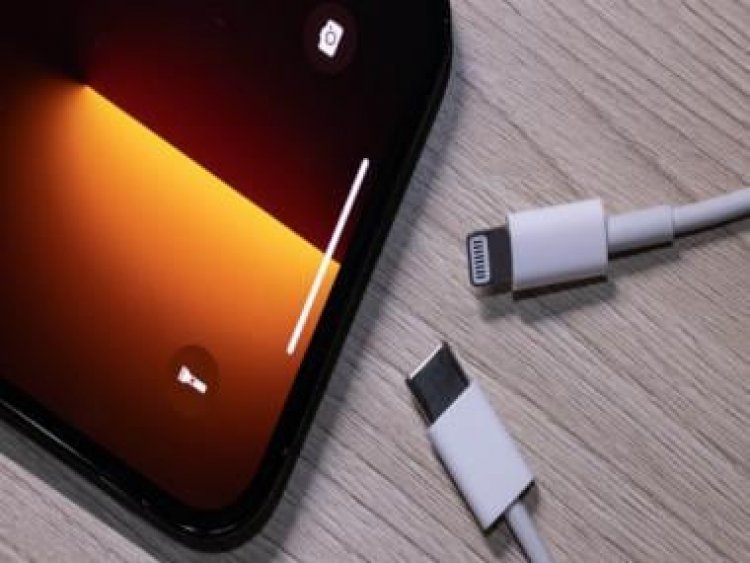Apple plans to comply with the EU's USB-C order, but with a sneaky, crooked little hack
Apple plans to comply with the EU's USB-C order, but with a sneaky, crooked little hack

When the EU and India had passed the order for all personal mobile devices such as laptops, smartphones and tablets would use only standard type of charging port, they were specifically going after companies like Apple. Apple has invested a ton of money on their proprietary Lightning Port, so naturally, they weren’t too pleased with the order. Having said that, they did say that they will be complying with the order.
The manner in which they plan to comply with the order, however, is not going to go down well with most users, and probably the members of the EU who made that ruling. Apple plans to restrict the kind of USB-C cable that people use to charge their Apple devices.
What exactly is Apple planning to do?
According to multiple leaks and reports, the first iPhone with a USB-C port with be the iPhone 15 series, which is set to be released this year. Evidently, Apple will be using their MFI or Made For iPhone standards on the devices.
What this means is that users of the iPhone 15 series will only be able to use cables that are certified by Apple, which, in all likelihood, will only be available from Apple directly. Apple may open up their MFI standards for USB to third-party manufacturers at a later date, but initially, though, it seems that users will only be able to charge their devices with USB-C cables that Apple sells.
Furthermore, there is a very good chance that down the line, Apple may stop including the cable with the devices. We are not saying that the iPhone 15 series will not come with a charging cable, but sometime down the line, it is pretty clear that Apple will be removing the charging cable from the retail box as well, and force users to buy a cable separately, either from Apple or from an approved list of vendors who have licensed Apple’s version of USB-C port.
What happens if users use a non-Apple certified USB-cable?
For starters, Apple will definitely slow the charging speed if users try and use some other USB-C cable. Apple currently offers a charging speed of 27 watts, but with USB-C, it is speculated that they can bump it up to 33, 45 or perhaps even 60 watts, as is the standard with a lot of Android phones that use USB-C.
Also read: USB-C on iPhone 15: Only the iPhone 15 Pro models will get fast USB-C data transfers
Apple may curtain third-party cables, and limit the charging speed to 10-15 watts. That is, assuming that Apple lets the new iPhones even charge at all.
Furthermore, there is a very good chance that continued usage of a different or non-Apple USB-C cable will void your warranty.
How will the EU react? Can Apple get away with this in India?
Well here’s the thing with the EU ruling, they only specified that devices need to be charged with USB-C ports when they are being charged with wires.
Apple would not be the first tech company to do something like this. Companies such as Xiaomi and Oppo, Vivo, and Realme all support USB-C on their phones for normal fast charging but restrict their proprietary super-fast charging versions to their own private cables. It’s not the same thing, but it’s a type of quality management in which the user’s danger is minimised while the advantages are maximised.
If Apple were to implement super-fast charging on its iPhones, it would make a lot of sense to limit this to MFI-certified cables and adapters. Though the EU’s rules state that “all devices that support fast charging will now have the same charging speed, allowing users to charge their devices at the same speed with any compatible charger,” this most likely only applies to a base level of fast charging speed rather than capping the upper limits.
There is a possibility that devices from certain manufacturers, Apple included, may go completely portless in the future, and only charge wirelessly.
Apple will not be breaking any laws, in India as well as the EU, if they indeed limit which USB-C cable users can use.
Read all the Latest News, Trending News, Cricket News, Bollywood News,
India News and Entertainment News here. Follow us on Facebook, Twitter and Instagram.
What's Your Reaction?

























































